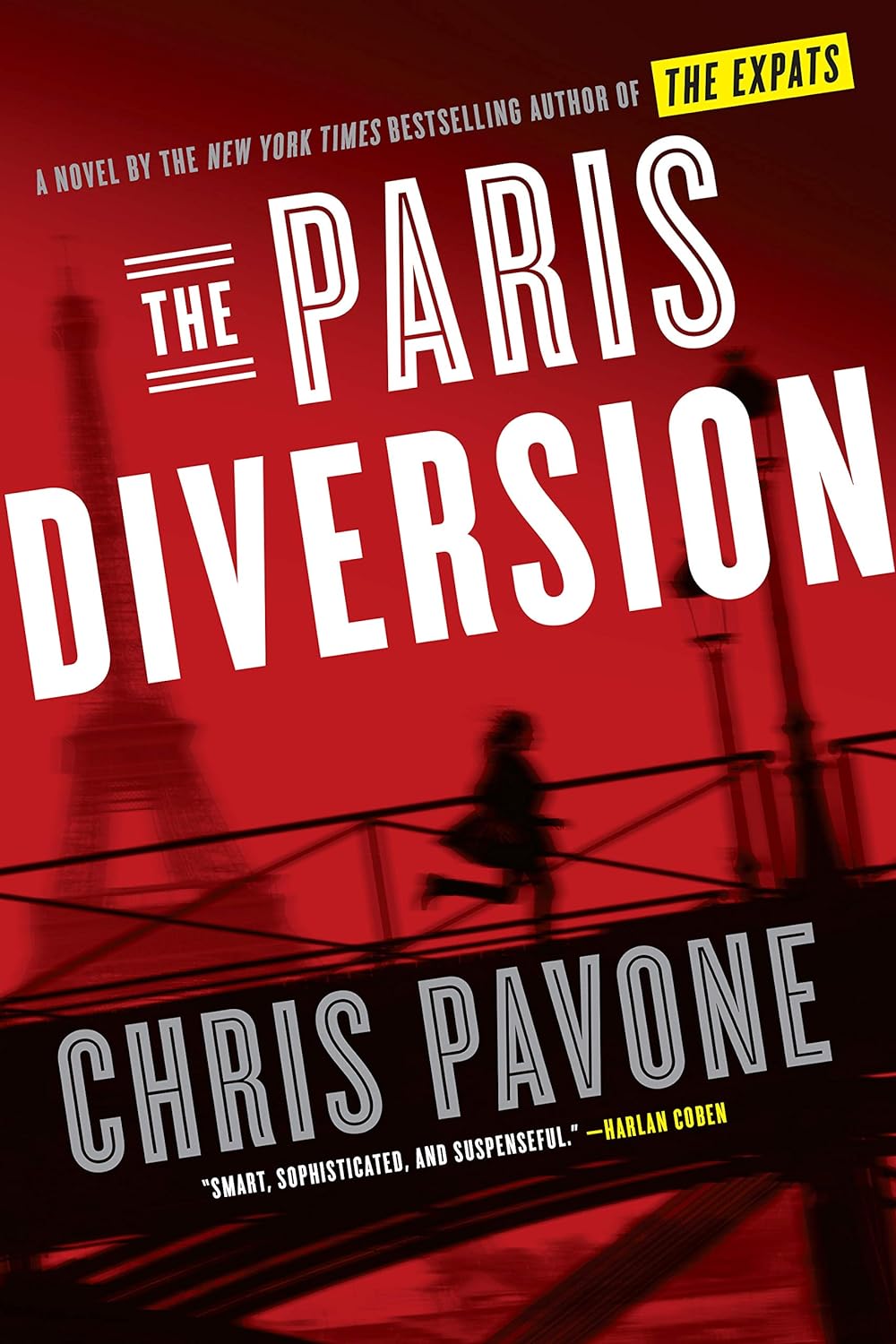The Paris Diversion
In “The Paris Diversion,” Chris Pavone crafts a labyrinthine narrative that cleverly intertwines the lives of seemingly unrelated characters against the backdrop of an imminent terrorist threat in Paris. Pavone, celebrated for his New York Times bestseller “The Expats,” returns with protagonist Kate Moore, whose seemingly ordinary life as an expatriate masks her role at the helm of a clandestine operation.
The day begins innocuously as Kate balances the dual demands of family life and her covert responsibilities. Her husband, Dexter, appears engulfed in financial woes, planning a precarious investment that suggests desperation rather than diligence. Meanwhile, halfway across the city, tech mogul Hunter Forsyth grapples with his suddenly isolated existence atop Paris’s corporate echelons, hinting at murky undertakings far removed from the legal spectrum. The suspense escalates as Mahmoud Khalid, a figure poised on a precipice of devastation, sets in motion an act of terror that reverberates through the lives of all involved.
Pavone excels in crafting a multi-layered plot where each twist and revelation feels both startling and inevitable. The narrative threads through various perspectives, building a comprehensive tableau where each character’s actions ripple across the others’ lives, weaving an intricate web of intrigue and suspense. The setting of Paris is not merely a backdrop but a character in its own right, with the city’s iconic locales serving as both stage and stakeholder in the unfolding drama.
Character development is one of Pavone’s strong suits, and “The Paris Diversion” is no exception. Kate Moore is portrayed with a compelling blend of resilience and vulnerability, struggling to assert her relevance in a high-stakes environment while navigating the mundane challenges of social obligations and parental duties. Dexter and Hunter, too, are depicted with depth, each encapsulating a particular facet of ambition and its discontents.
However, at times, the novel’s complex plot risks overwhelming the reader, as the swift pacing and multitude of perspectives demand keen attention. Additionally, while the intricate plotting is generally a merit, some readers might find the convergence of so many consequential actions within a single day a stretch on plausibility.
Thematically, the novel explores themes of identity, sacrifice, and the often-blurred lines between right and wrong in a world where every personal decision can have global repercussions. Pavone probes the ethical morass of espionage and terrorism, challenging the reader to consider the weight of consequences borne from seemingly detached decisions.
In conclusion, “The Paris Diversion” is a compelling addition to the genre of thriller, offering a high-stakes narrative rich with intricate plotting and profound character study. Chris Pavone not only captivates with his storytelling prowess but also invites reflection on the moral complexities of our globalized world. Readers looking for a fast-paced, thought-provoking read will find much to admire in this meticulously crafted novel.









Reviews
There are no reviews yet.